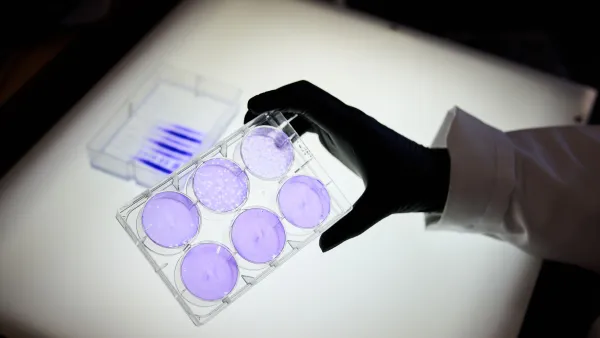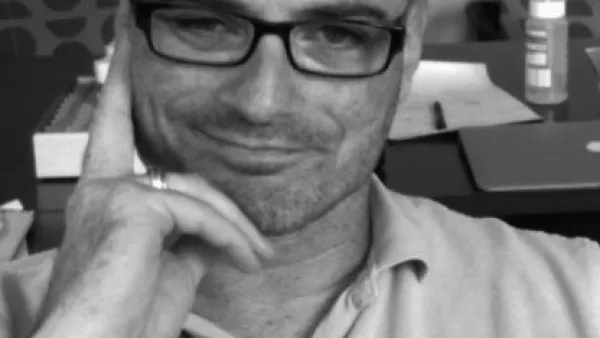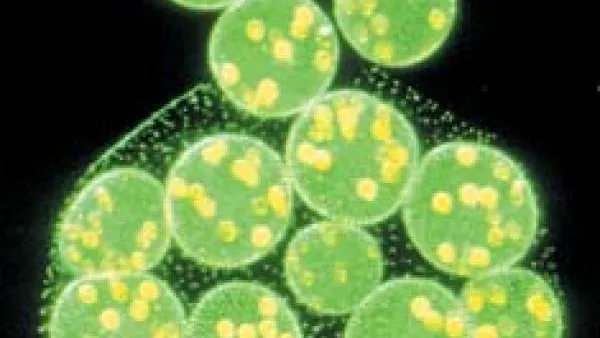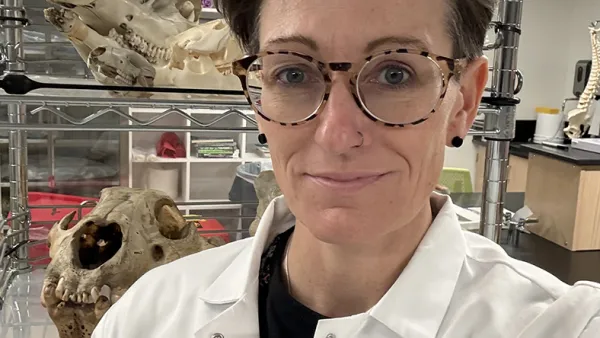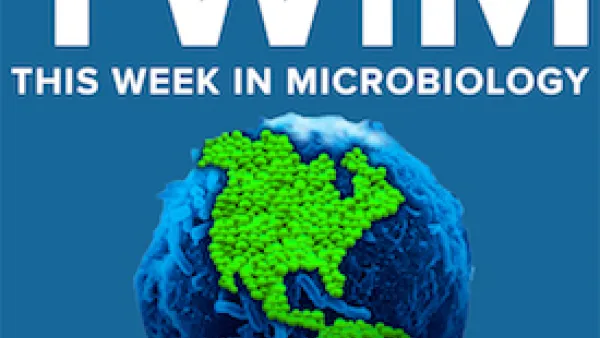The new Vagelos Fellowship is a program open solely to WUSTL undergraduates who are interested in pursuing research specific to biology and biomedical sciences.

The Vagelos Fellowship is a brand-new program, born of a gift intended to support both the Division of Biology and Biomedical Sciences (DBBS) graduate programs and undergraduate research at Washington University in St. Louis. The undergrad portion consists of a paid summer research experience with faculty from the Medical School, preceded by a 2-credit course offered in spring semester, which will expose students to experts in the field and help prepare them for their own research experience.
Course seminars will bring in different types of biology and biomedical researchers. Those seminars will be followed by a reception where the students can informally talk to guest speakers and other guests attending the seminars. Our first guest speaker is Roy Vagelos, who gifted the funds for this program. Dean Perlmutter will conduct an interview-style seminar with him. He'll be asking Roy questions about his research and how he got started as part of the kickoff to the whole program.
Alongside exposure to experts, the course provides students with tools so they are prepared to hit the ground running when they get started on their summer research. The Vagelos program is only open to WUSTL undergrads that are interested in pursuing research specific to biology and biomedical sciences.
FAQ answered by Cindy Vigueira, DBBS Director of Curriculum and Graduate Programs
Do I have to be a Biology major?
No. The research must be in biology, but the student doesn't need to be a biology major. As long as they're prepared and interested in biology and biomedical sciences research, they can apply.
Does it matter what level I am?
No. Students can be at any level of completion of their undergraduate degree when they apply for the program. However, sophomore and junior levels are recommended, so that students can be part of a cohort that has an extended experience over more than one semester/summer.
Do I need to have a lab and mentor set up in advance of applying?
No. Students can have a lab already in mind when they put in their application, but that's not a necessary component.
What’s involved in the application?
Students won't be writing a project plan or research proposal as part of the application. Faculty reviewers are looking at their general interest in pursuing biology research. Students will write some essay prompts describing what they are interested in and why, if they have prior experience, and how they see that fitting into their future careers. We're targeting students that we think would benefit from having a research experience and will potentially want to continue in Biology and Biomedical Sciences graduate programs after they finish their undergrad degree.
What is the difference between BioSURF and this program? Can I apply for both Vagelos and Biosurf?
Yes. The major difference is that you are writing more of a personal essay for Vagelos, vs. a research proposal with a known lab and PI for BioSURF. Applications for Vagelos are open from October 15 through November 14 this year, so if students don't get accepted, they still have time to apply for BioSURF or other research programs.
How much is the stipend?
The stipend is $5,000 for the summer for Vagelos, vs. $4000 for BioSURF. Students are expected to work 10 weeks at 40 hours per week for either program.
 How many spots do you have available for the students?
How many spots do you have available for the students?

20 new spots each year. We are trying to cohort these students with each other so they continue networking after they complete their research. They'll take the spring course together before they start their summer research. There will be programming through the summer alongside their research experience. After they complete their summer research, they'll have additional professional development opportunities. We'll also be asking students who participated in previous years to serve as peer mentors to the next cohort of students, which will be a paid position. What I've found is that you sometimes get a different perspective from students who have recently participated in a program, and that can be beneficial for incoming students.
Students who are interested in this program can visit the website to learn more: https://dbbs.wustl.edu/UndergraduateResearch/Pages/VagelosFellowship.aspx
For additional questions, contact DBBS-SummerResearch@email.wustl.edu.
